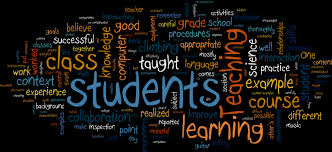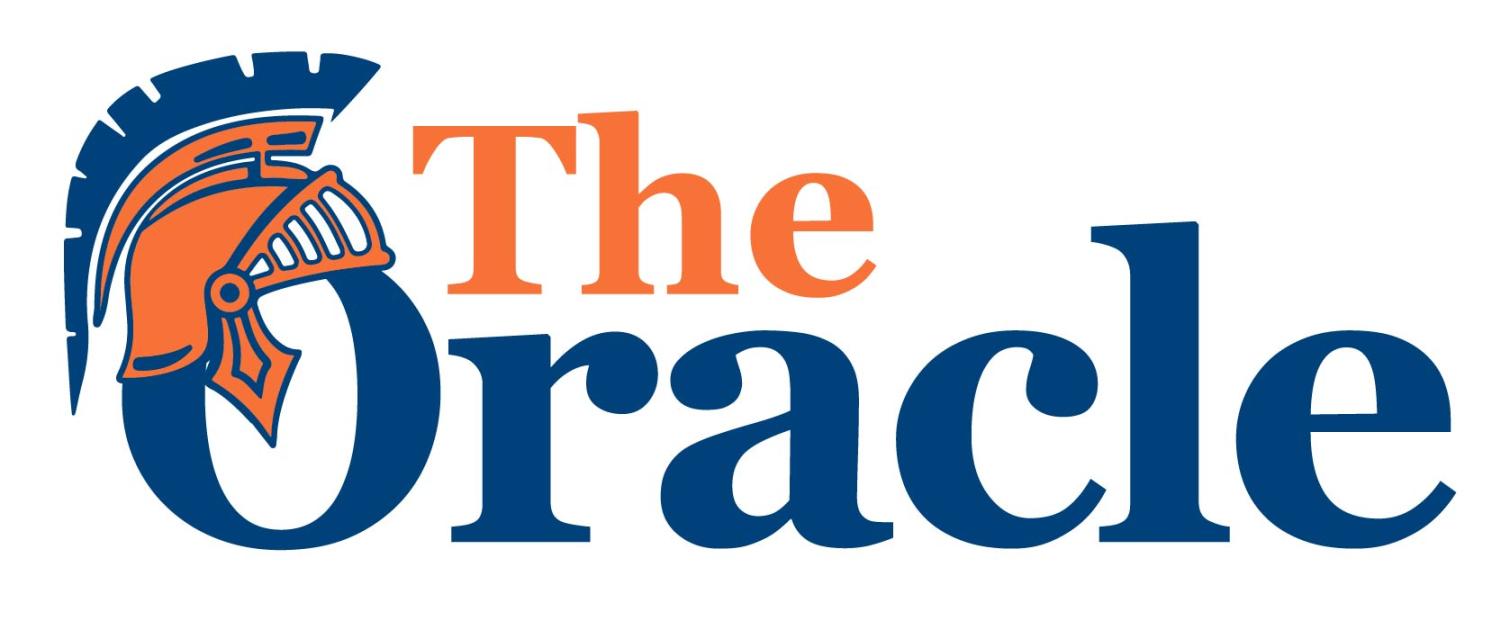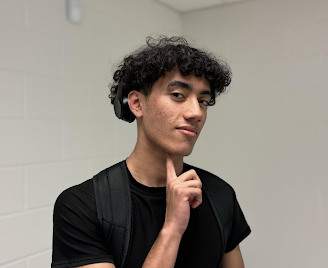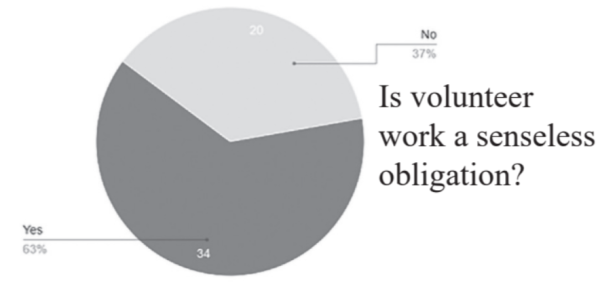Teachers who make a difference should be recognized

Photo courtesy of David Fossatti
We have so many different kinds of wonderful teachers here. They need to be recognized.
March 29, 2017
Our education system is something we live with every day: We go to classes from 8:10 to 2:55; we divide our after-school time between extracurricular activities only to repeat it all the next day.
This repetition can often seem bland to us but it can seem even duller to teachers who have to put up with useless restrictions as they try to help students learn.
Today’s education system has countless procedures that teachers have to go through to get appropriate resources and materials for their students. These time-consuming procedures do not give teachers enough time to prepare to teach students how to think for themselves and learn. Many teachers began teaching because they wanted to make a difference, to educate students on how to think, how to act and how to fully discover themselves in the world. These teachers’ ambitions, however, are hard to fulfill.
Whether a class is taught around unit exams or SOLs, failures reflect badly on the student and teachers, so teachers teach based on tests. Even at the AP level—where we are more likely to be taught how to think critically—the basis of the classes are usually formatted specifically towards the AP Exams.
The lessons we learn in school have the potential to be so much greater than basic grammar or units of measurement (although both are important). School provides us with teachers whose life experiences and words of advice can change us.
If you’re lucky enough to get a great teacher (of which WS has many), then you will be taught everything you need to know to succeed in class, while also being taught how to get your work done, think critically and grow as an individual. Teachers who make a difference deserve recognition and gratitude.
At the AP Scholar Breakfast earlier this year, students who had passed three or more AP classes were recognized for their hard work. Some parents voiced concern that the AP teachers weren’t being recognized at the breakfast for the time and dedication they invested in those students. It is arguable that schools can’t honor specific “types” of teachers—in this case, AP teachers—because it would be exclusive to other teachers who work just as hard.
And it’s true: Teachers who teach Advanced Placement work just as diligently as Special Education teachers, Foreign Language teachers and every other “type” of teacher. But, all of these different “types” of teachers have unique teaching methods and relationships to their students that should be recognized distinctly.
Teachers who teach AP classes have to be able to interest upperclassmen. They spend hours preparing lessons and ensuring their own thorough understanding of the material, so that they can transfer their knowledge to their students while challenging them to develop their own opinions.
Special Education teachers have different standards they must meet to insure the success of their students. They also work hard to help the students achieve different, but just as notable, goals.
Foreign Language teachers have to prepare lessons explaining grammar, pronunciation and listening comprehension. Their own adequacy in the language determines how successful their students will become.
FCPS can boast endless different “types” of teachers. But that doesn’t mean we should let a fear of being exclusive allow us to abandon all hopes of recognizing their individual hard work. Instead, we should honor them and their particular types of teaching.
We have teachers in our building who become mentors and each of their service to us, although different in subject-matter, is worthy of distinct recognition. So let us, the reapers of their knowledge, come together and thank them for all they do.















